Why accepting help is hard
During my final year studying Music at Cambridge University, I was riddled with perfectionism and careening towards total burn-out. Eventually, I had such a bad anxiety attack that my parents explicitly told me to go to the university’s counselling service. I really didn’t want to—I felt like I shouldn’t need that kind of support—but I had reached such a low point that I went along with it. But why is it hard to accept help, especially when it is clear I needed it?
At my very first session, I remember telling my counsellor that I couldn’t see why I couldn’t just fix my own problems. After all, I’d read a lot about psychology and I knew what was wrong. She gently pointed out the obvious and enormous difference between a counsellor and self-help: a counsellor talks back. She could react to my exact situation; she could challenge my thinking with a different perspective; she could bring me out of my own head by listening, validating my experiences, and creating a shared reality. Like many things that I knew intellectually but didn’t truly believe, I didn’t grasp how much better it is to involve others in solving your problems until I experienced it for myself.
The first step of starting Scrum is potentially the hardest: finding your team. As shown in my story above, letting others help you ultimately offers benefits that are impossible to give to yourself. So why is it so bloody difficult to accept?
Accepting help
As humans, we ascribe meaning to everything. It’s how we build up stories of the world, of how it works, and of who we are. And although we are the ones giving the meanings, that doesn’t mean we can suddenly decide to believe new meanings without doing a fair amount of work to dismantle the old meanings first.
A lot of the difficulty of asking for help comes from the meaning we give to it. After all, the dream is to have full control over one’s own ability to succeed, regardless of anyone or anything else in your life; it makes sense for most productivity systems to sell you on self-discipline.
Our culture celebrates and values individuality and independence. It can therefore feel a bit uncomfortable to tie your chances of success to other people. In some ways, it seems counter-productive; isn’t it likely that the other person could end up holding you back and slowing you down? If you’re only reliant on yourself for making decisions about how to get things done, you can theoretically move faster, as you can tailor your personal productivity system to suit your exact needs.
However, in reality, this is not how it usually works out, and some self-help books are recognising this, for instance in the excellently-titled ‘Willpower Doesn’t Work’. The picture is even more complicated for those struggling to live up to cultural expectations while handling the extra difficulties of (often undiagnosed) neurodivergence. Even for Francis, who was diagnosed with ADHD as a young child, it was hard for him as an adult to come to terms with the extra burdens and limitations he had to navigate once we started researching the effects of ADHD in more detail. Challenging feelings of grief and loss arise from discovering you have an invisible disability, especially around accepting that there are areas of life where you might always need external support. It is also difficult as a friend or loved one of the neurodivergent person to come to terms with the idea of needing to provide that extra support, especially if there is no clear way of effectively doing so. I have some thoughts about how Francis and I approach equality in our relationship in this context, including the thorny issue of whether one person will inevitably end up taking on more responsibility in maintaining the Home Scrum system.
What this all comes down to is that if we link our worth as people to our ability to ‘be useful’ or ‘contribute,’ then doing the opposite—having needs and relying on others to meet those needs—can feel very shameful.
Shame is what lurks behind every ‘should’ statement. To say “I should be able to manage this on my own” is to say that your current self isn’t good enough. Shame leads to feeling disconnected from others, because if your very being is not good enough, then you will hide it away and believe that you don’t deserve to be recognised or valued.

The cure for shame is vulnerability. Vulnerability is taking the risk to disclose some part of your true self for someone else to see. Asking for help is a disclosure of personal information—you are letting someone know what you struggle with, and they could use that knowledge to hurt you. So your discomfort with asking for help comes directly from a desire not to put yourself at risk. Psychologist John Amaechi describes all types of disclosure as a form of ‘coming out.’ “The thing you have to realise about coming out is that it’s not a statement about the person who is speaking. When an individual tells you something about themselves that is precious or important, […] they are not making a statement about themselves. They are making a profound statement about you. They are telling you that I have looked at you, […] and I have determined that you’re the kind of person that will take my identity, as precious as it is, and you will treat it with the care and respect that I do.”

By asking for help, you are demonstrating implicit trust in the person to whom you make the disclosure, and opening the chance for connection with that person. To be shown trust in this way is an honour and a gift. It is for this reason that people will often be delighted to be asked for help. They want the opportunity to become more closely connected with you, as well as to feel useful and necessary. Learning to ask for help can be a huge boon to forming strong friendships.
There are some caveats to this, however. First of all, although helping you may provide your friend with an opportunity to feel worthy via feeling useful, it doesn’t mean that you are unworthy for needing the help. Secondly, just because you are offering the other person the gift of your trust, you are not entitled to their help; the risk of them saying no is an inherent part of vulnerability. Thirdly, it is a sign of respect to ask for specific help: if you have fully defined the problem and the potential solution they could provide, you are indicating that you don’t expect them to do all the mental legwork for you and therefore won’t be likely to cross their boundaries and take more help than they are offering. Finally, there are versions of ‘helping’ which are unhealthy—see the post on ‘Feeling safe with others’ about this.
Songwriter Amanda Palmer sums up asking for help like this: “Those who can ask without shame are viewing themselves in collaboration with—rather than in competition with—the world. Asking for help with shame says: You have the power over me. Asking with condescension says: I have the power over you. But asking for help with gratitude says: We have the power to help each other.”







